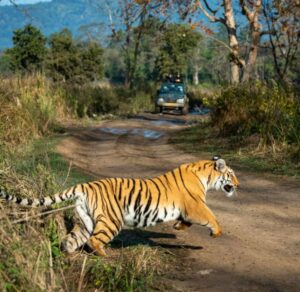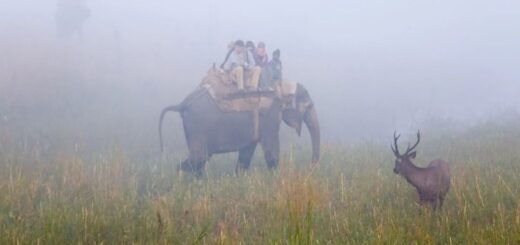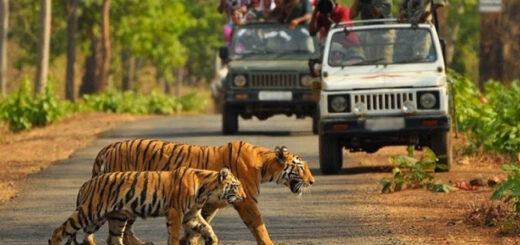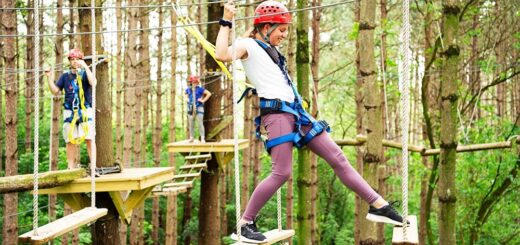Top Things to Know Before Your First Safari in Corbett
Jim Corbett National Park is one of the most loved wildlife destinations in India. Spread across the foothills of the Himalayas in Uttarakhand, it is a place where nature and adventure come together. The park is famous for its dense forests, river valleys, and the thrill of spotting tigers in their natural habitat. For wildlife lovers, Corbett offers an experience that is raw and unforgettable. First-time visitors often arrive with excitement, but knowing a few important details before stepping in makes the safari even more rewarding. From choosing the safari type to following the park rules, being prepared is the key to enjoying this iconic destination. Jim Corbett holds a special place in India’s wildlife history. Corbett is divided into several zones, each offering a different landscape and chance of sightings. These include Dhikala, Bijrani, Jhirna, Dhela, Durgadevi, Sitabani, Garjiya, Phato.
What You Must Know About a Corbett Jeep Safari in India
The most exciting way to explore the park is on a safari ride. The options of jeep and canter safaris give visitors better chances to witness wildlife closely, while still maintaining a safe distance. A Corbett jeep safari in India also allows more flexibility, as fewer people are seated and the guide can adjust routes based on tracking signs. For those travelling in groups, canter safaris are another option. They carry more people and are usually operated in specific zones like Dhikala. But if your dream is to feel the wilderness up close, jeep safaris remain the top choice.

Types of Safaris in Corbett
There are mainly two kinds of safaris in Corbett, each offering a distinct experience.
- Jeep Safari: This is the most popular choice. A maximum of six people can join along with a naturalist guide. The thrill of moving through forests in an open jeep makes it adventurous and personal.
- Canter Safari: These are bigger, open buses carrying up to 16-20 people. They are best for larger groups or budget travellers. While not as flexible as jeeps, they still offer wonderful views and chances of spotting wildlife.
Both options require advance booking, especially during peak seasons. Permits are issued online, and only a fixed number of vehicles are allowed each day to protect the park’s ecosystem.
Safari Timings and Best Season to Visit
Safaris in Corbett run twice a day – early morning and late afternoon.
- Morning safaris: Cooler temperatures and fresh tracks on the ground make mornings excellent for spotting animals, especially big cats.
- Evening safaris: These offer golden light for photography and chances to see animals returning to water bodies.
Ideal Season to plan Corbett Safari
- Summer (April to June): Hot, but higher chances of tiger sightings near rivers and waterholes.
- Monsoon (July to September): Most zones remain closed due to heavy rains, but Jhirna and Dhela stay open.
- Winter (October to February): Cool and pleasant with clear skies. Perfect for birdwatching, as migratory species arrive in large numbers.
Rules and Regulations Inside the Park
Jim Corbett is not just a tourist spot, but a protected ecosystem. Visitors must follow certain rules to ensure safety and conservation.
- Keep silent during the safari. Loud noises disturb animals.
- Do not carry plastic bags, alcohol, or litter inside the park.
- Stepping down from vehicles is strictly prohibited.
- Feeding or teasing animals is dangerous and punishable.
- Follow the guide’s instructions at all times.
Wildlife Spotting Expectations
Many visitors dream of seeing a tiger on their very first safari. While Corbett is one of the best places in India for this, animal sightings are never guaranteed. Patience and luck play a big role. That said, Corbett is filled with wildlife to admire. Every safari is unique. Some days you may witness a tiger’s roar echoing across the forest, while other days the beauty lies in quiet landscapes and rare birds. What matters most is enjoying the journey and respecting the wilderness.


